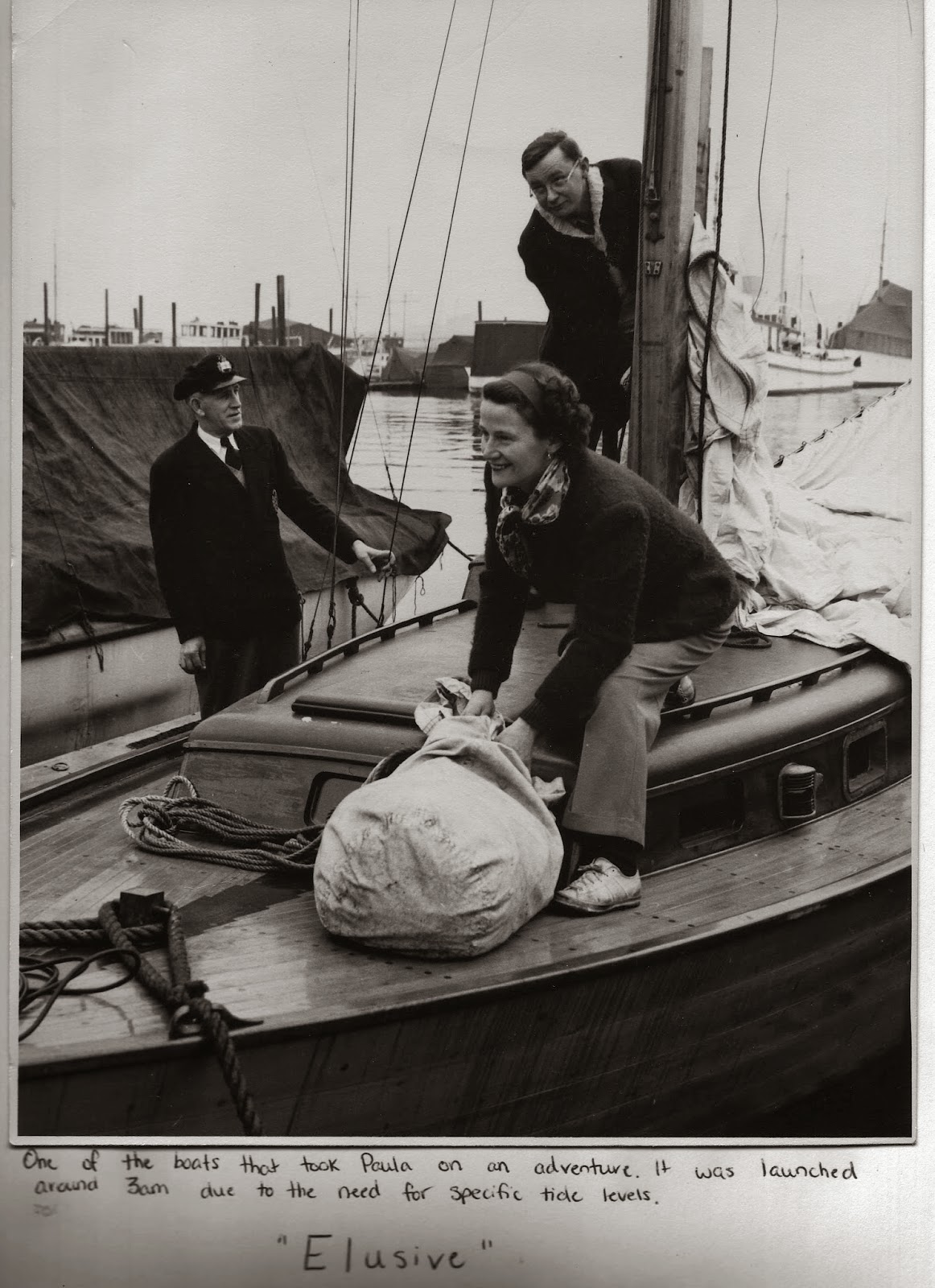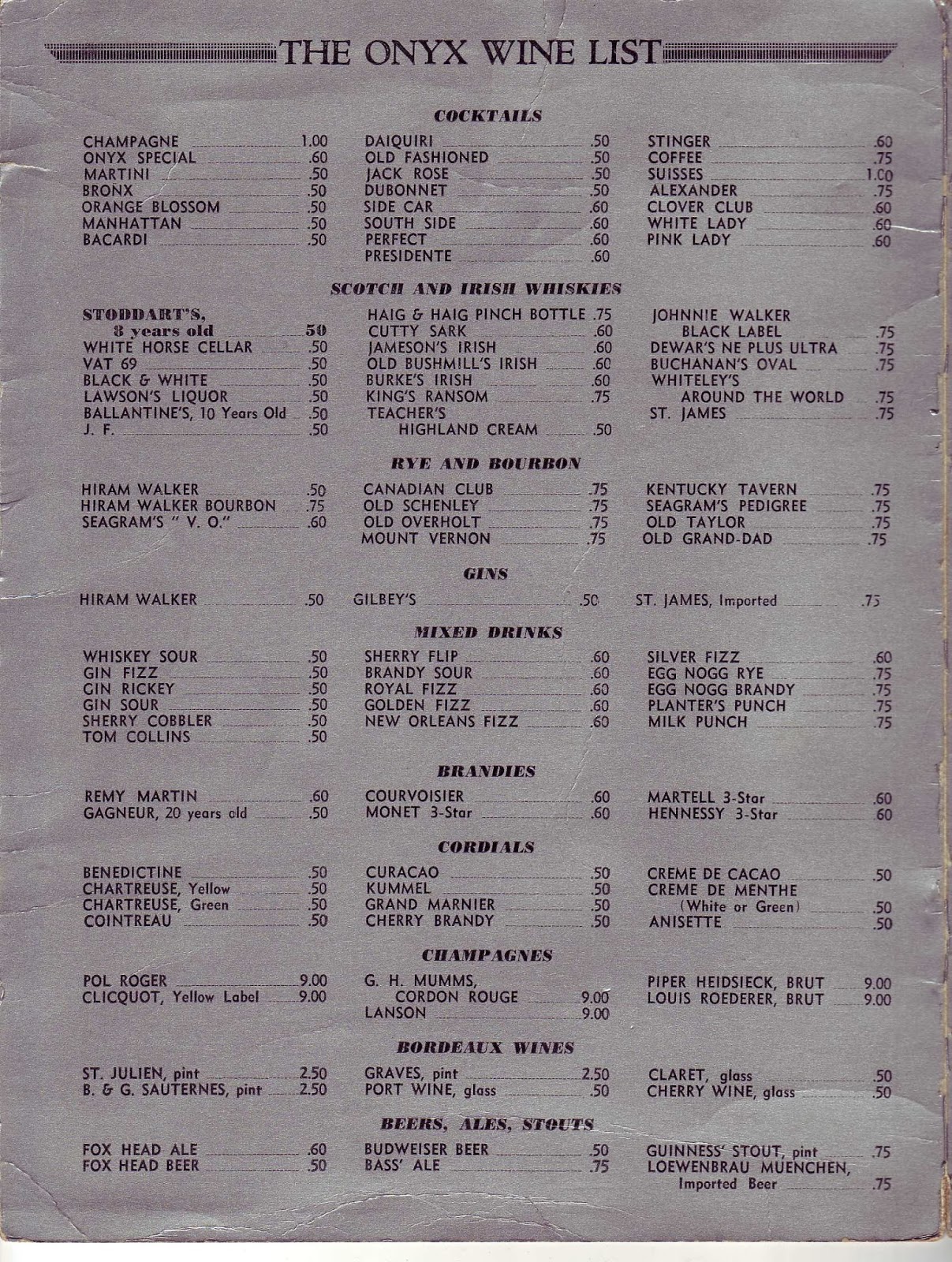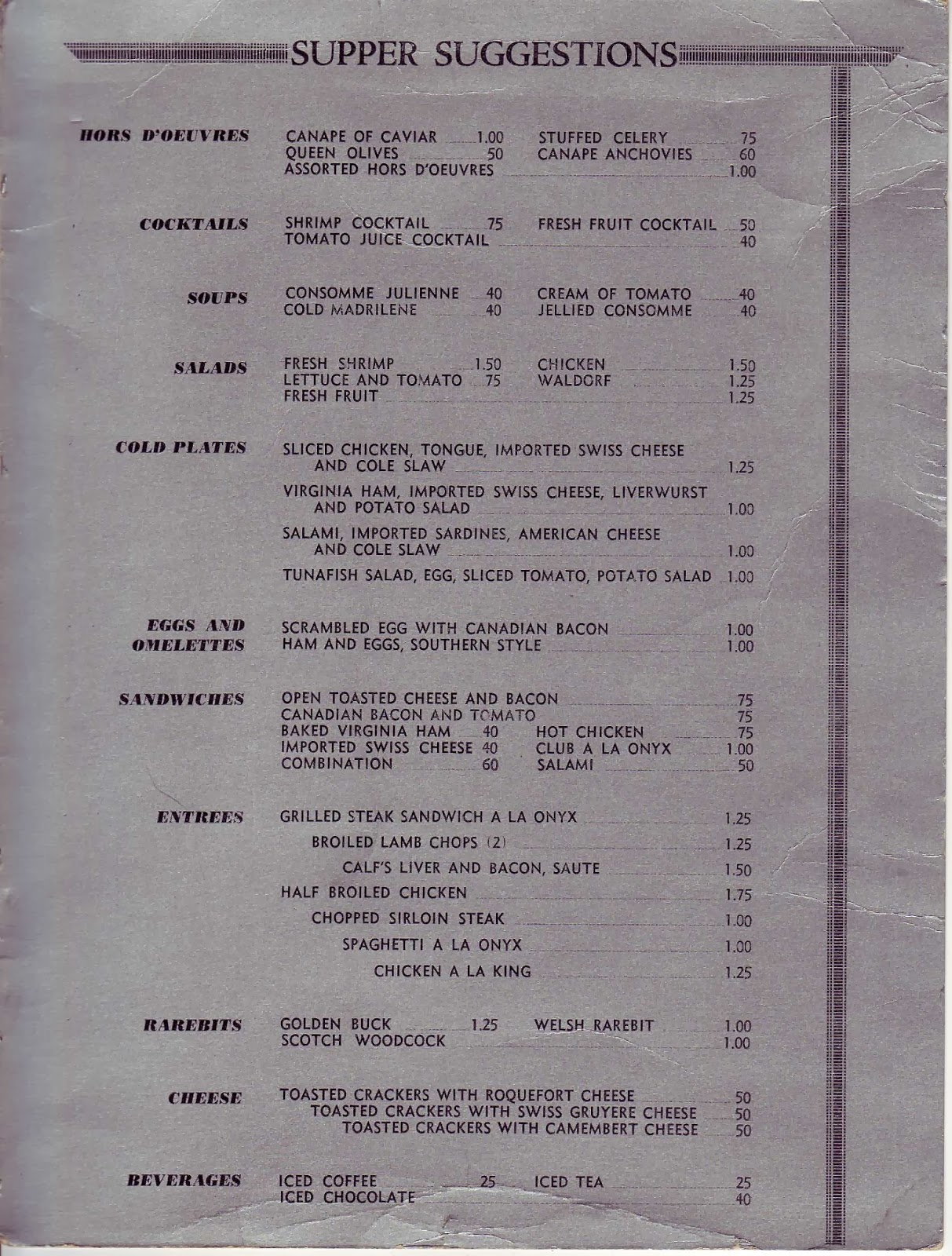This year's cohort in the "Language and Landscape Program" recently presented their GeoNarratives -- a historical/geographical study of a specific place, time, person/s, and/or event. This "project-based learning" was meant to roll many English 11 and Geography 12 learning outcomes together for our blended learning, course combination approach. The students had time in and out of class over a few months to put this together.
One of my students "P.C." built her project and presentation around what life was like for a woman coming of age in the 1930s and living a life of some privilege in the Vancouver of the 1940s-1960s. The focus was her great-aunt Paula, a larger-than-life personality in the personal narrative of P.C.'s family who, with her husband, travelled extensively and left an impression on those around them. Paula. among other things, was one of the first women to join the Vancouver Yacht Club, and was a careful recorder of life around her.
P.C.'s project involved designing inquiry, conducting personal research, curating evidence from a variety of sources (mainly primary documents), building a scrapbook to summarize her inquiry, and writing a short story from the perspective of Paula on he honeymoon. P.C.'s narrative for us (her audience) tried to capture both the extraordinary qualities of Paula, but also the more general characteristics of a time and place (Vancouver, 1930-1960). Alongside this "evolving landscape" were descriptions of the many clubs, theatres, and restaurants that Paula visited.
One of the many artifacts that P.C. used to structure her presentation were the menus from some of these restaurants, saved by Paula as mementos and kept in the family after her passing. I found this one intriguing, love the inclusion of cow's tongue and rarebits:




